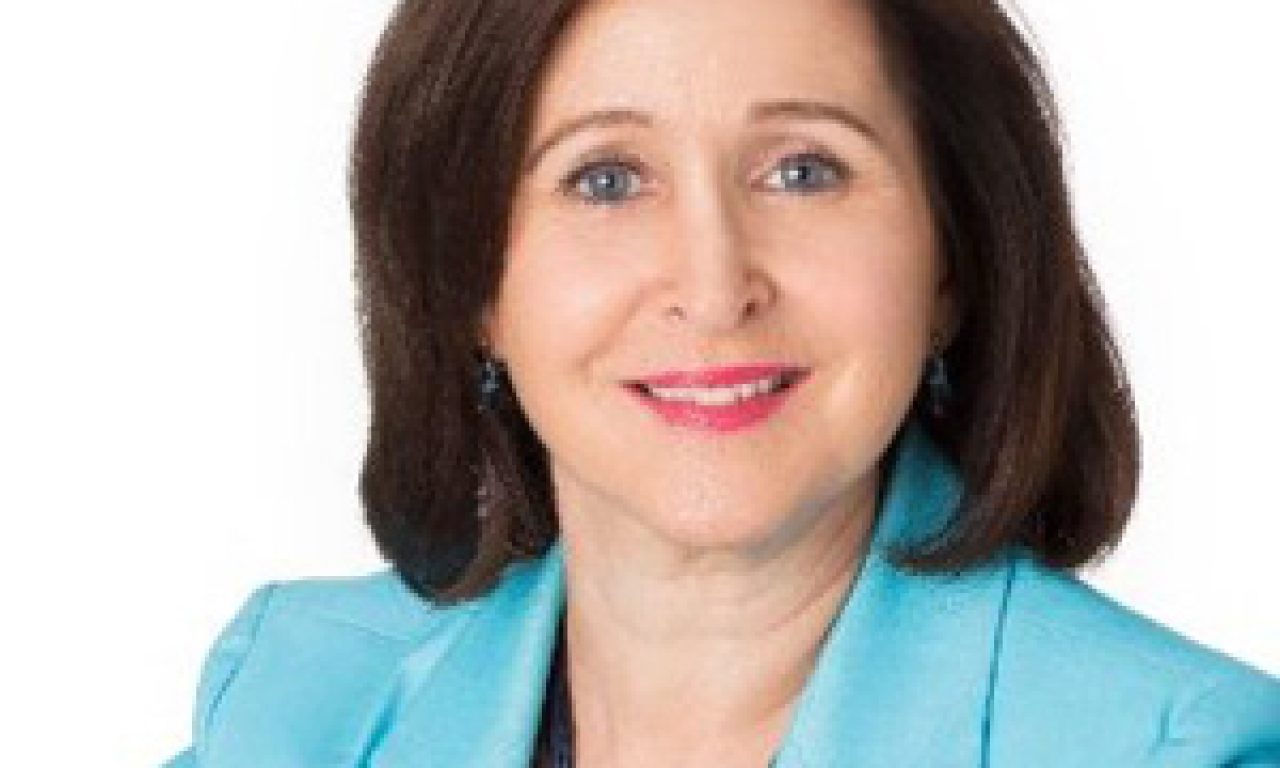Health and community services fund HESTA has backed the development of an innovative ‘village’ providing residential care for sufferers from dementia. HESTA invested $19 million to assist the construction and operation of the ‘Korongee Village’ in Hobart through its ‘Social Impact Investment Trust’. The fund hopes other large investors will be encouraged to invest in similar projects to help address the issue of dementia.
HESTA’s social impact trust, which was set up in 2015, has also invested $30 million in the Leapfrog social impact investment program. Its total of impact investments to date is about $100 million. The $52 billion super fund, which has about 860,00 members, was also one of the first funds in Australia to offer members an ‘ethical’ investment option, when fund investment choice was introduced in the 1990s, which is a popular ongoing option.
Debby Blakey, the HESTA chief executive, said the opening of Korongee represented a significant milestone for dementia care in Australia. She said: “This world-class facility is a huge step forward for dementia care in this country and puts Australia and Tasmania at the forefront of a global push to improve the quality of life of those living with dementia,” she said. Dementia is the second-leading cause of death of Australians. There are currently an estimated 459,000 Australians living with dementia.”
The village was developed through a partnership between HESTA, not-for-profit aged care provider Glenview and charity administrator Social Ventures Australia (SVA). SVA manages HESTA’s social impact trust, which aims to earn a market-based return with a measurable social impact. HESTA has invested in a range of projects which focus on core social issues including social, affordable and disability housing and employment for those experiencing disadvantage.
Lucy O’Flaherty, Glenview’s chief executive, said in a statement that the Korongee village design – which features 12 houses in four cul-de-sacs, a community centre, gardens, a general store, café and wellness centre – has been influenced by extensive research on best-practice models of dementia care.
“The unique design of Korongee, and the way its residents are cared for, is centred on evidence that supports small house living. An important element of this model is including familiar sights and natural spaces which can have a huge impact on overall happiness, health and wellbeing,” she said.
A study released in June this year by the Responsible Investment Association Australasia found that the impact investment market is experiencing exponential growth in Australia, more than tripling over the past two years to almost $20 billion in assets.
Blakey said the impact investing program had informed how the fund aimed to make a “real difference” to the financial future of every member, and in the process, have a positive impact on the world they will retire into. “We hope our investment in important projects like Korongee encourage other large investors to contribute to Australia’s impact investment market,” she said. “This will make a huge difference in how we address significant social challenges like dementia and also helps create jobs and opportunities for our members who work in health and community services. If even a tiny slice of our almost $3 trillion super industry starts investing for impact it will make a huge difference to tackling big social challenges like dementia.”
– G.B.

